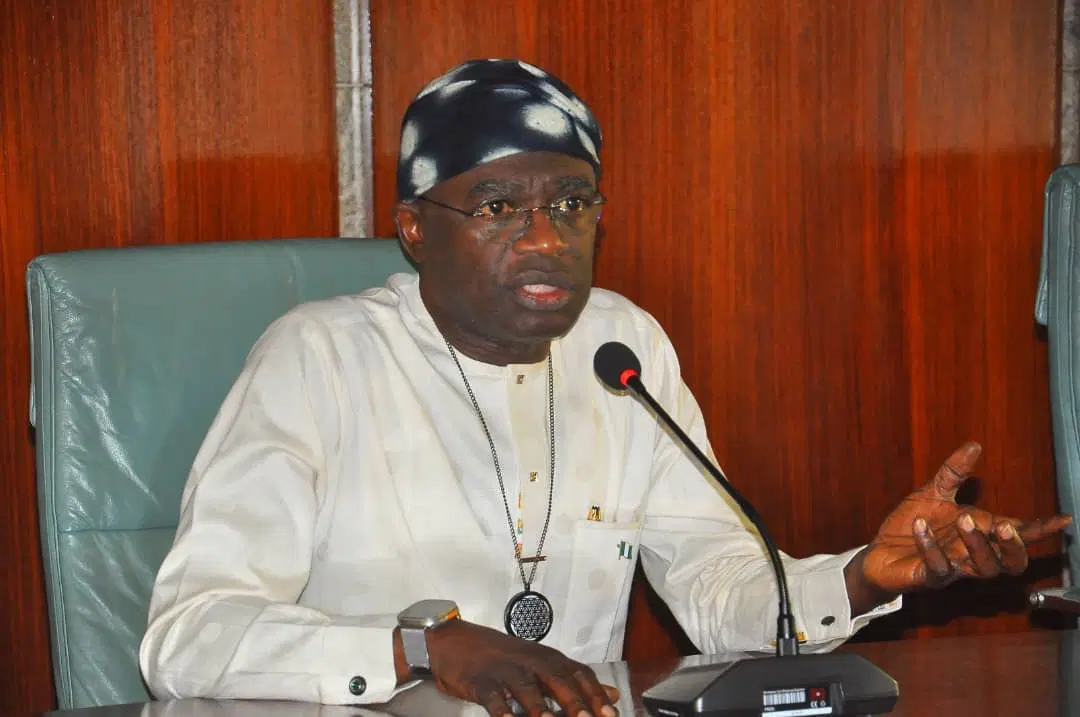On Sunday, several governors met with Chinese conglomerates seeking partnerships and investments, particularly in the energy sector. Governors Hyacinth Alia of Benue State, Caleb Mutfwang of Plateau State, and Dauda Lawal of Zamfara State were among those in attendance at the Nigeria House in New York, coinciding with the United Nations General Assembly (UNGA 79).
After the meeting, Governor Alia expressed that this was the first of a series of meetings with international investors. He stated, “We’ve just had the very first side meeting with some Chinese conglomerates who are trying to see areas of partnership and investment. This is called the GEICO.”
GEICO stands for Global Energy Interconnection Development and Cooperation Organization, aimed at addressing power supply concerns. Alia noted, “There are a few takeaways here. We need to take a closer look at them, and then, through the Nigerian Governors Forum, we’re getting back to them to discuss areas of interest and what we can possibly do.”
He emphasized the importance of attracting investors to improve electricity connectivity and developmental projects. Additionally, Alia mentioned his upcoming engagements focusing on peace initiatives and reconciliation efforts in Benue State, which has faced ongoing struggles since 2015.
Plateau State Governor Caleb Mutfwang also spoke about Nigeria’s potential as a global economic player due to its size. He remarked, “We’ve arrived for the United Nations General Assembly, and it’s an opportunity to interact with global players in every facet of development.” Mutfwang highlighted the promising interests in Nigeria’s economy, particularly in energy and agriculture, and discussed the importance of the Sustainable Development Goals (SDGs) under UN auspices.
He noted his interaction with Deputy Secretary-General Amina Mohammed, who facilitated discussions between Chinese energy representatives and Nigerian governors, aiming to elevate subnational involvement on a global scale. Mutfwang added that Plateau State plans to develop capacity in the power sector, moving beyond frameworks to actual implementation

